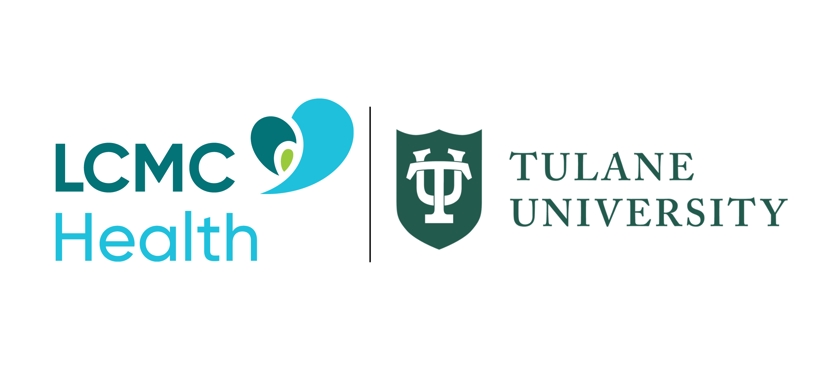Should you delay your mammogram if you’ve recently been vaccinated against COVID-19? Maybe.
- Category: Community, COVID-19, Health & Wellness, Women's Health
- Posted on:

For more than a year, NOLA hasn’t quite been our NOLA. That’s because we’ve all been apart, forced to keep our (social) distance from each other to prevent the spread of the coronavirus. Now, getting vaccinated against COVID-19 with one of the three vaccines authorized for emergency use in the U.S. offers an opportunity to fully return to the second lining, gospel brunches, and everything else that makes our home special.
We want as many people as possible to be in that number—the ranks of the vaccinated—when they’re eligible to receive the vaccine. Recently, however, a question has arisen about how this lifesaving medical breakthrough affects the results of a routine test that also saves lives—the screening mammogram. The COVID-19 vaccines can cause swelling in the lymph nodes that may result in a false-positive mammogram result after a recent vaccination. If you’ve recently been vaccinated, your physician can advise you whether to postpone your mammogram for a few weeks.
Why (lymph node) looks can be deceiving
More than three months since the first person in the U.S. received a COVID-19 shot, researchers have learned that, for some people, the vaccines can affect their mammogram results—a fact you may have seen in news reports in recent weeks.
“As part of the immune system, the lymph nodes help the body fight invading viruses, such as the one that causes COVID-19,” said Paul du Treil, MD, OB-GYN, and Director of Maternal and Child Health at Touro. “The COVID-19 vaccines can cause swelling in the underarm lymph nodes near where you received the shot. That’s not a bad thing. It means your immune system is learning to recognize and fight the coronavirus. The problem is that if you have a mammogram, swollen lymph nodes can mimic the look of breast cancer that has spread to the lymph nodes. That can lead to unnecessary worry and additional tests.”
How many vaccinated individuals develop swollen underarm lymph nodes that could distort mammogram results? It’s difficult to pinpoint and may vary by the vaccine. During clinical trials of the Moderna vaccine, 16% of 18- to 64-year-old patients who received the vaccine developed swollen lymph nodes after the second shot, according to the Centers for Disease Control and Prevention (CDC). Approximately 8% of patients 65 and older experienced swollen lymph nodes.
What should you do if you’re concerned that vaccination might affect your mammogram results? Consider these options.
Option #1: Get your mammogram before you get vaccinated.
This is the simplest and most straightforward option if the timing works. If it’s time for your screening mammogram and you haven’t yet received the COVID-19 vaccination, some experts recommend undergoing the mammogram first, according to the CDC. That would remove the possibility of vaccine-related swollen lymph nodes affecting your results from the equation.
Option #2: Discuss delaying your mammogram with your physician.
If you’ve recently been vaccinated or want to get vaccinated as soon as possible and it’s time for your mammogram, ask your physician what to do. Don’t delay a mammogram without consulting him or her, the American Cancer Society advises.
Some experts recommend delaying a mammogram for four to six weeks after vaccination, according to the CDC.
“That may be appropriate for some patients but not the best course of action for others,” Dr. du Treil advised. “Your physician can tell you whether delaying the test would make sense for you.”
Find out if you’re eligible to get vaccinated against COVID-19 and if so, make your vaccination appointment by visiting lcmchealth.org/vaccine.
Need a mammogram or another women’s imaging test? Find out what we offer at the Touro Women’s Imaging Center.

